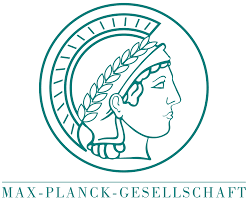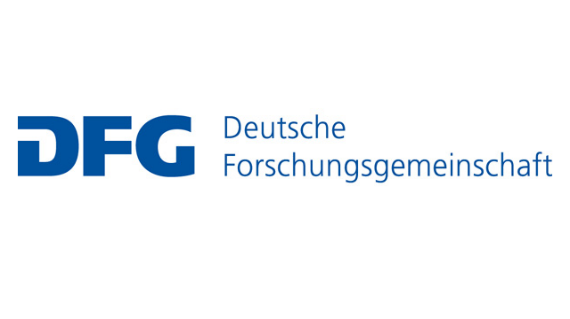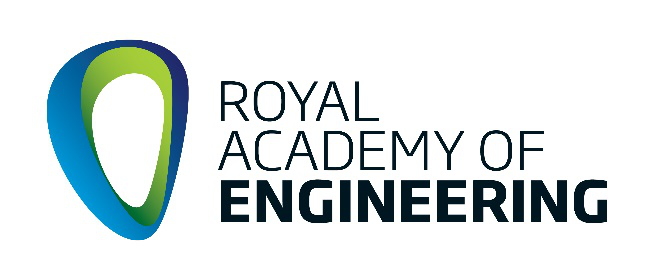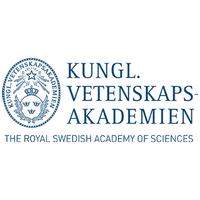Boosting the power of some cancer drugs could be as simple as modifying what you eat, according to two recent studies in mice. The results are the latest from an ongoing push to harness the body’s metabolism to fight cancer.
A study1 published on 11 July in Nature finds that supplementing mouse chow with the amino acid histidine made a chemotherapy called methotrexate more effective against leukaemia cells. Histidine, which is particularly rich in foods like meat and beans, can be given as a nutritional supplement.
The work comes on the heels of another study2, published on 4 July in Nature, which found that using diet to influence insulin levels can make another set of cancer drugs — those that target a protein called PI3K — more effective.
Both teams now aim to find out if their approaches work in people with cancer. But for now, the evidence in mice suggests that the food that patients eat could influence how well their cancer drugs work.
“Diet matters in cancer therapy,” says David Sabatini, who studies growth and metabolism at the Whitehead Institute for Biomedical Research in Cambridge, Massachusetts, and is the lead author on the histidine study.
Exploiting weakness
Tumour cells use several unusual metabolic pathways to break down nutrients in ways that support their abnormal growth. Researchers have long viewed these pathways as potential vulnerabilities to exploit: a drug that blocks one or more of them could kill the tumour while sparing most healthy cells.
Last year, for example, cancer researcher Karen Vousden of the Francis Crick Institute in London and her colleagues showed that restricting the amino acids serine and glycine in the diet increased survival in mice genetically engineered to be prone to cancer3. Both amino acids are particularly important for cells growing under low-oxygen conditions — a common situation inside tumours.
But the two latest studies take a slightly different approach: harnessing metabolic pathways to amplify the effects of other cancer drugs.
Sabatini and his colleagues screened cancer cells in search of genes involved in responses to methotrexate, a drug often used to treat childhood leukaemias, among other cancers, but which can behighly toxic. That survey yielded a gene that encodes an enzyme involved in synthesizing histidine.
The team found that a surplus of histidine makes leukaemia cells grafted into mice more sensitive to methotrexate. Sabatini hopes that, if the results hold true in humans, giving people with cancer histidine supplements could enable doctors to use methotrexate at lower, less toxic doses.
The study published on 4 July examined a class of drugs that target PI3K, a protein that is often mutated in cancer cells and that helps to fuel tumour growth. Such drugs exhibit inconsistent performance in clinical trials. But the researchers found that this could be partly because insulin levels rise when PI3K is inhibited. That insulin then reactivates the molecular pathway controlled by PI3K, overcoming the effects of the drugs.
The team showed that preventing this rise in insulin, using drugs or a very low-carbohydrate diet called a ketogenic diet, could also prevent this pathway reactivation and boost the effectiveness of PI3K inhibitors in mice.
Diet restrictions
The key will now be to translate those results from mice into people, says Almut Schulze, a cancer researcher at the University of Würzburg in Germany. This could be tricky: it is more difficult to control a person’s diet than a mouse’s, she notes. But people with cancer may be highly motivated to stick to a diet, even a restrictive one like the ketogenic diet, she says.
Another challenge will be determining which patients are most likely to benefit from the dietary changes, says cancer researcher Chi Van Dang of the Ludwig Institute for Cancer Research in New York City. Some pharmaceutical companies have moved away from targeting cancer metabolism, in part because of the difficulty in deciding which patients to target.
“Individual metabolism is quite variable,” says Dang, and people likely won’t respond to these treatments in the same way.
doi: 10.1038/d41586-018-05694-w
References
1. Kanarek, N. et al. Nature https://doi.org/10.1038/s41586-018-0316-7 (2018). Article Google Scholar
2. Hopkins, B. D. et al. Nature https://doi.org/10.1038/s41586-018-0343-4 (2018). Article Google Scholar
3. Maddocks, O. D. K. et al. Nature 544, 372–376 (2017). PubMed Article Google Scholar
Retrieved from nature on Jul. 12, 2018. "The right diet can boost potency of Cancer drugs"


















